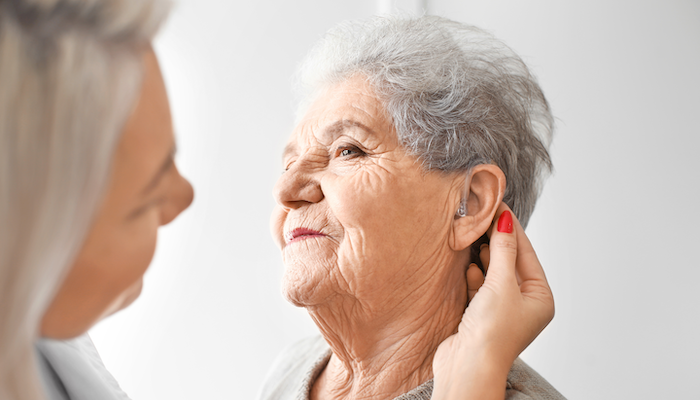
To honor Alzheimer’s & Brain Awareness Month, we’re looking at the link between dementia and hearing loss. The early signs of both can be quite similar, and, in fact, people with hearing loss are more likely to develop cognitive problems.


To honor Alzheimer’s & Brain Awareness Month, we’re looking at the link between dementia and hearing loss. The early signs of both can be quite similar, and, in fact, people with hearing loss are more likely to develop cognitive problems.

June is Elder Abuse Awareness Month. Financial abuse continues to be the most prevalent kind. Hackers, in particular, are getting very sophisticated. The latest scam is a multilayer effort to con people into transferring their savings into “protected accounts.” Warn the person you care for to be on the lookout for these fraudsters.
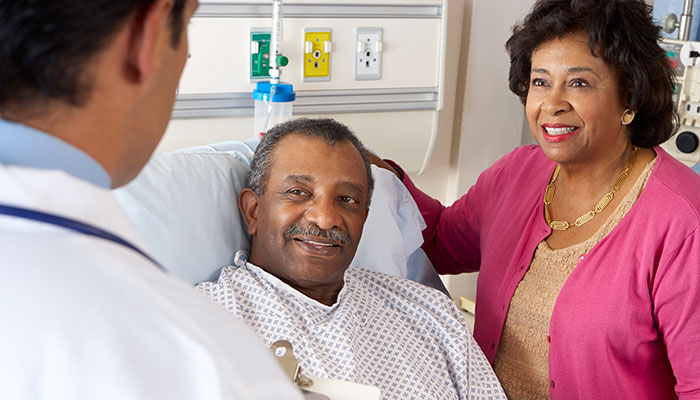
Patients in the hospital are rarely treated by their primary care physician. Instead, doctors who focus on the care of hospitalized patients have been found to be more effective and more available to answer questions during a hospital stay.
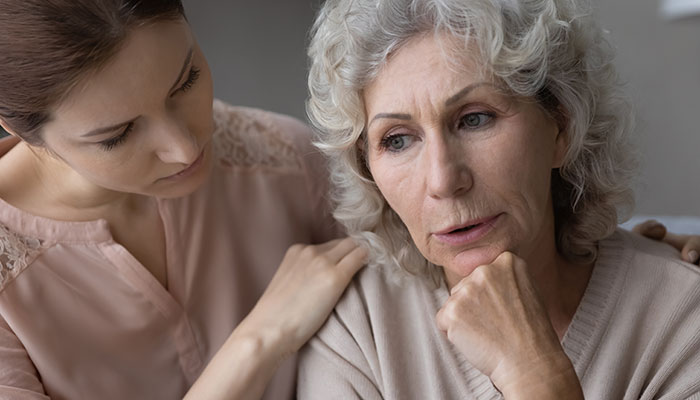
Sadness moves us. It nurtures compassion. It can help us feel connected with others. It can also prompt us to reevaluate our lives and make changes. Sadness is not the same as depression. It’s important to know the difference.
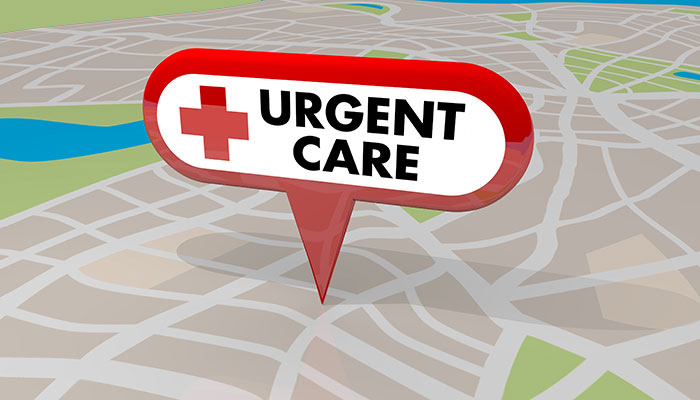
You might want to consider an urgent care center for non-life-threatening conditions. The wait is shorter and the stress is less than in the Emergency Room. On the other hand, the ER is more appropriate for serious conditions. How to know which to choose?
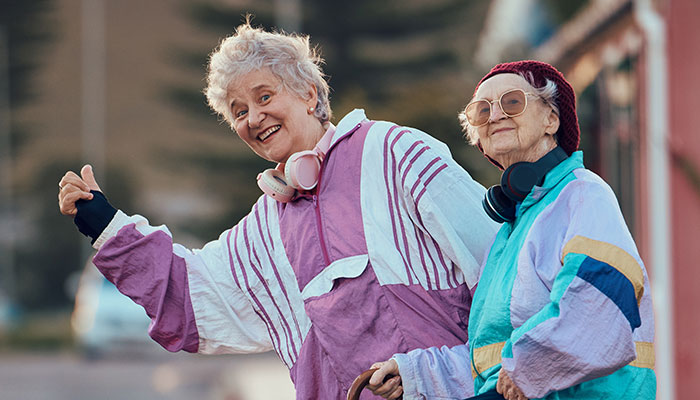
If the person you care for does not use a smartphone, with innovative new services, they can still enjoy the convenience of Lyft or Uber, no app—or hitchhiking!—required.

May is Action on Stroke Month. In that light, we look at “vascular dementia,” cognitive problems brought on suddenly by a stroke and/or gradually by “ministrokes” or “TIAs.”

Does your loved one deny there’s a problem? Resist the idea of a hearing aid? You are not alone! Learn ways to gently broach the subject.

Do you wish for the good old days when doctors made house calls? Many practitioners, including doctors, psychotherapists, physical therapists, occupational therapists, and speech pathologists, are now offering home visits (mobile outpatient services) that do not require your loved one be officially homebound.
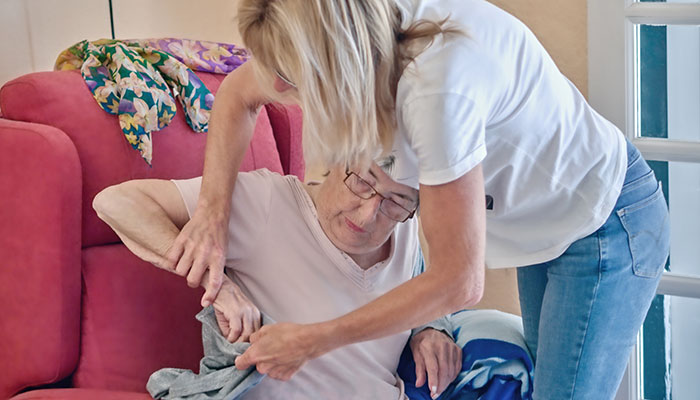
People with conditions that limit movement, such as arthritis and Parkinson’s, often have difficulty dressing themselves. Dementia also makes dressing a challenge. Adaptive clothing enables your relative to do more for themselves, relieving you of a frustrating task and preserving their dignity and self-esteem.

When our immune system overreacts, it’s like a house on fire. This is more common as we age. Our immune system continues to tell our bodies we are being attacked, even when we aren’t, or aren’t any longer. Such “inflammaging”—the tendency in our later years to stay in an internally inflamed state—may be a common link between conditions such as cancer, diabetes, dementia, and heart disease.
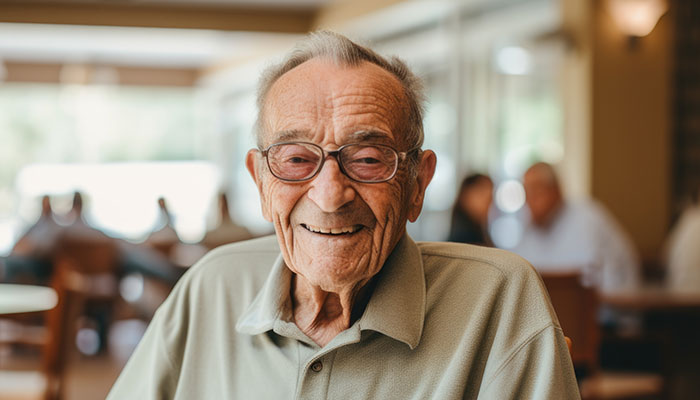
While you may feel a move is urgent, the person you care for may not be ready. Don’t push! Instead, do some homework on your own so you are able to act quickly when they decide the time is right.
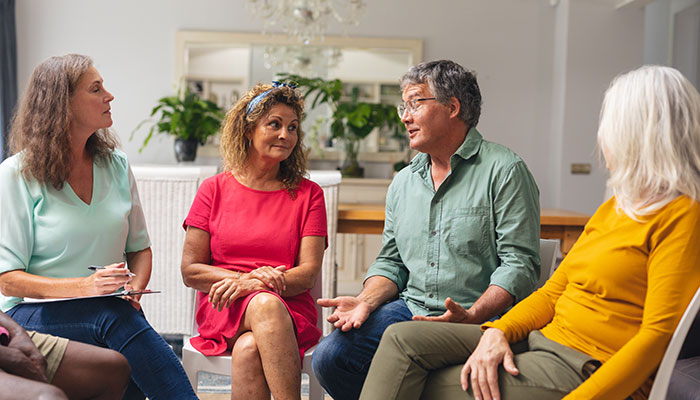
Between in-person and online support groups, there are many options to choose from. Make a list of your top priorities and then try out a few to see which one fits best.
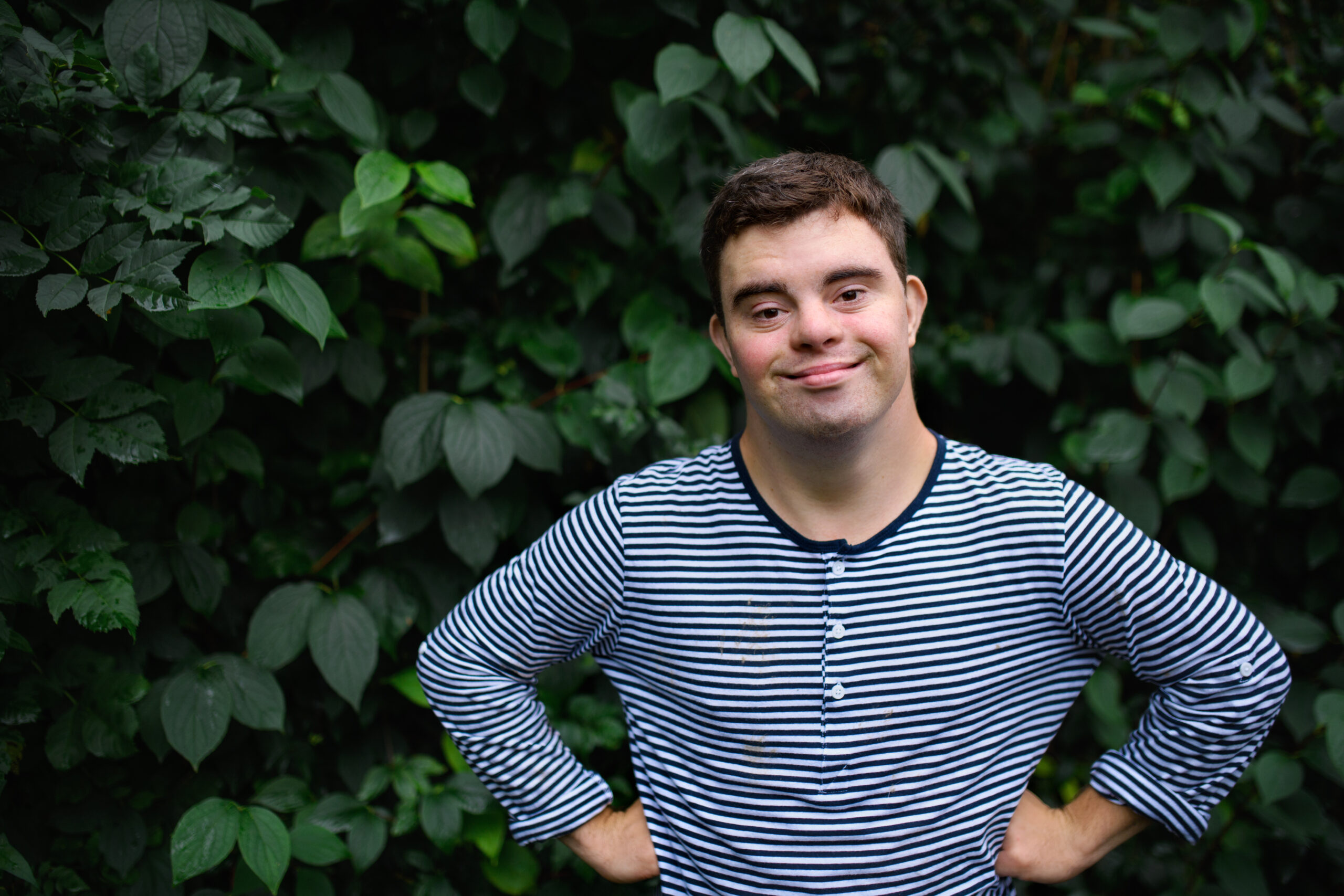
If you have a disabled relative, perhaps a sibling, you may be asked to serve as the trustee for their “special needs trust.” While this is quite an honor, it’s an immense responsibility. Be sure you have the knowledge and support you will need.
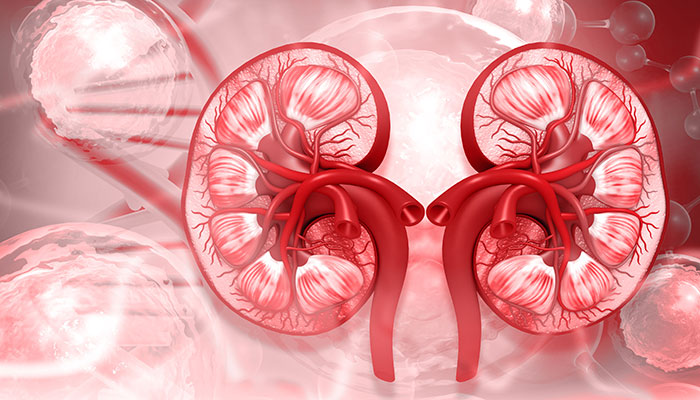
March is National Kidney Month. Fully 15% of Americans have chronic kidney disease. Many are unaware of it. The condition lasts for decades, and symptoms do not appear until it is in the later stages, when irreversible damage has already been done. Should your loved one get checked?
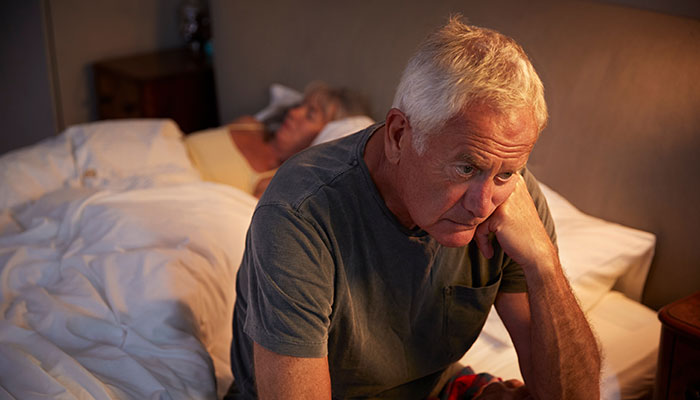
If your loved one is having sleep problems, have them keep a sleep log for one or two weeks and then bring it to the doctor. Untreated sleep problems contribute to depression and memory loss.
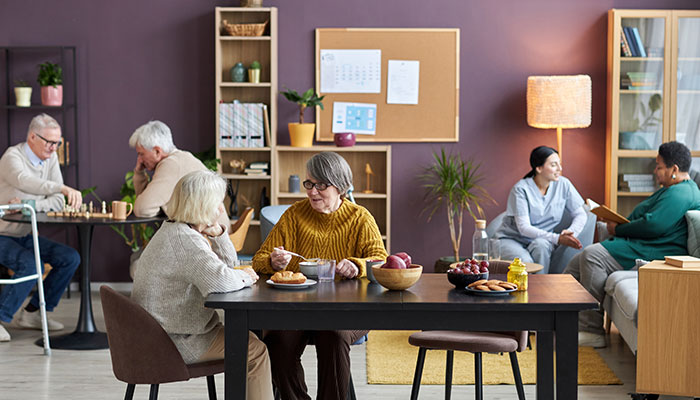
These facilities are best suited to older adults who are relatively healthy. They serve as a more affordable alternative to a nursing home for those who need help only with meals, housekeeping, bathing and dressing, and getting around.
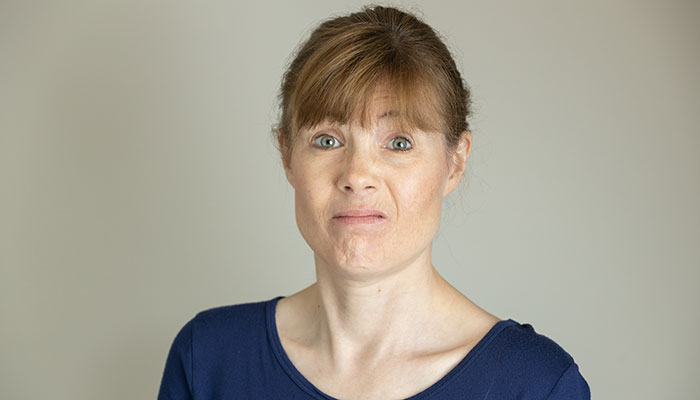
Disgust is a natural response to something distasteful. But it can be distressing when it arises in the course of your caregiving duties. You may not be able to get rid of it completely, but there are things you can do to reduce the intensity.

If you’re worried about dementia, it may be that memory or thinking problems are being caused by conditions that can be treated and reversed. Remove the anxiety by getting a full medical evaluation.
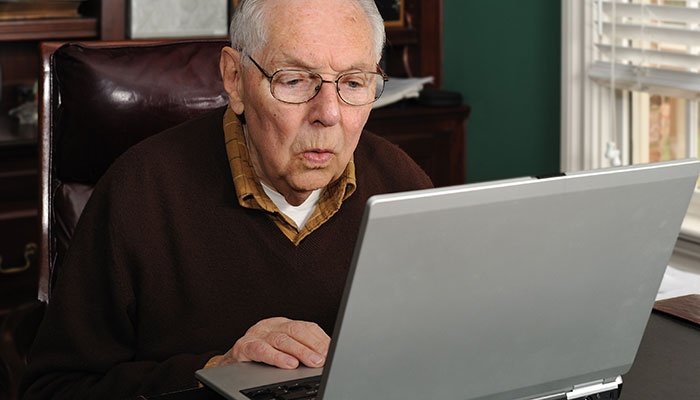
If your older relatives did not learn Internet skills during their work lives, you may be getting calls to provide tech support. It can be frustrating, inconvenient, and perhaps not even the best for your relationship. There are alternatives.
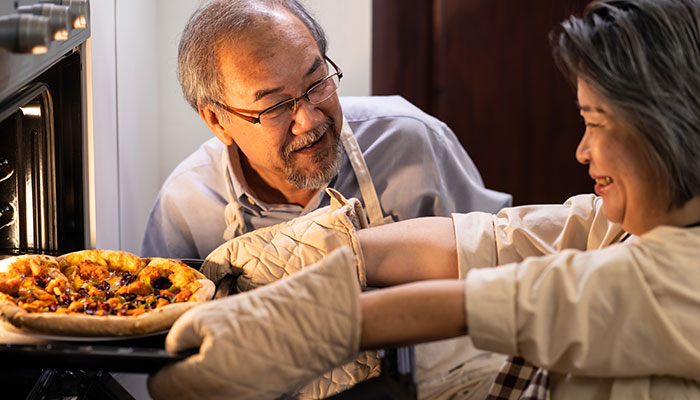
February 4–10 is National Burn Awareness Week, a good reminder to review precautions that can protect your loved one from harm.

If your partner has received a dementia diagnosis and is still working, consider these resources to help address the impact it will have on your family finances.
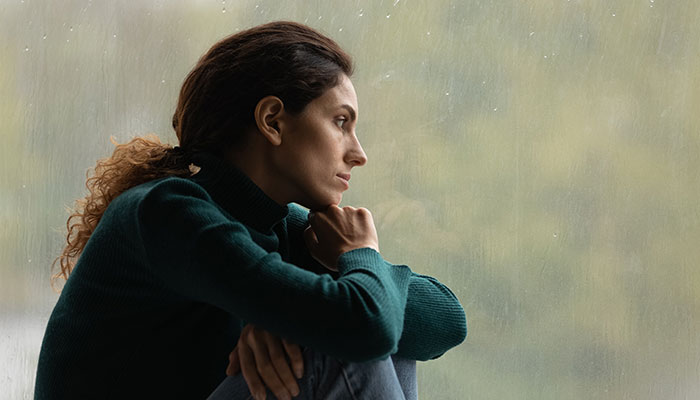
If you feel guilty and have regrets as a family caregiver, you are not alone. It could be because you are overstressed. Still, regret can be a useful signal that it’s time to do some thoughtful reflection and decide on future actions.
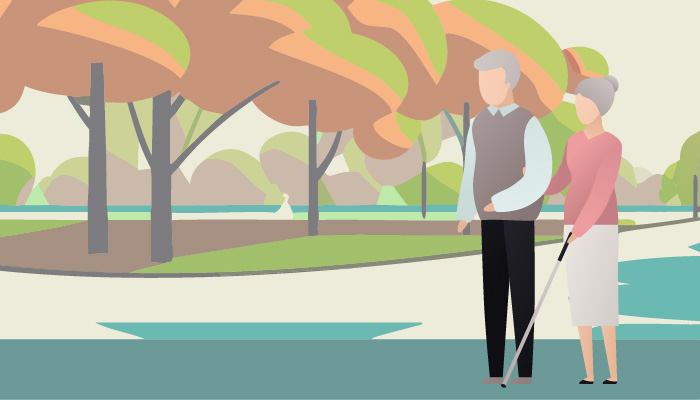
Learn tips to safely and effectively assist your visually impaired loved one, especially if they are in unfamiliar territory.

The skin is the body’s largest organ and its essential “armor.” To maintain good health, skin needs extra attention as we age. The skin has three layers. Working together, they act as the body’s shield by preventing bacteria and viruses from getting into the body and keeping body fluids from evaporating out; insulation by preserving…
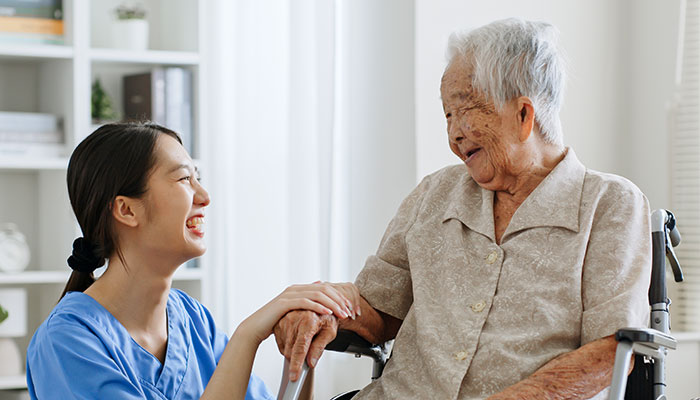
Help the daily caregivers develop a fondness for your relative and view them as more than “the hip replacement in 210.” Showing a genuine interest in the life and daily experience of the aides will go a long way toward building a congenial sense of teamwork.
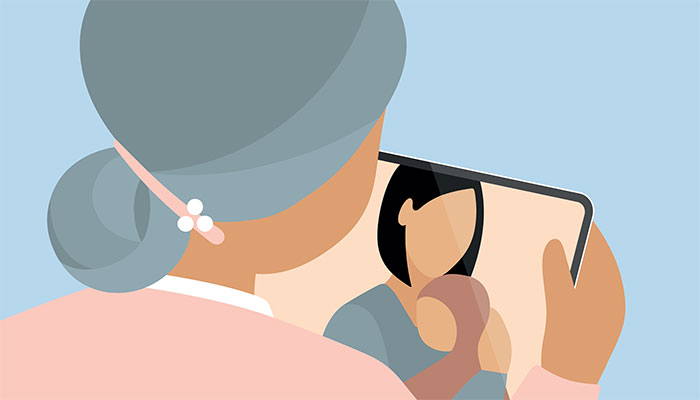
While many older adults do just fine with a regular consumer-grade tablet, others do better with a “senior tablet,” which has safety precautions and a simplified interface. Learn what to look for if you are considering one for your relative.

Providing comfort and calm is the watchword for the day of travel with a person who has dementia. Take advantage of the help that is available from airport personnel.
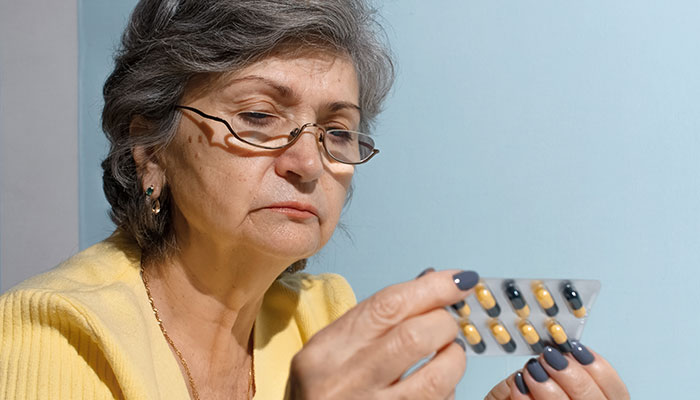
Failure to follow medical advice is one of the primary reasons older adults end up in the hospital. What can you do to help your loved one adhere to the doctor’s orders?

If your loved one has COPD, it’s important to understand which foods are most helpful and which should be limited. You might be surprised by the difference nutrition can make!

As a family caregiver, it’s easy to put your own needs last. You may feel it is a virtue, but actually, you are putting yourself and your loved one at risk. You simply have to take breaks and to safeguard your own well-being. Caregivers who don’t experience significant mental and physical health consequences.

How to pay for care is a big worry for families. Learn about options for financial support, as well as tax and workplace protections to assist you as the family caregiver. There are also legal documents your loved one will need to prepare to be sure their wishes are followed. For that, it’s best to work with an attorney.

November is National Family Caregivers Month. Whether you are new to family caregiving or have been doing it for a while, we outline the top strategies that will help you navigate the process effectively and keep stress to a minimum. This week we focus on gathering information and finding help.

November is COPD Awareness Month (chronic obstructive pulmonary disease). If your loved one has respiratory problems and needs oxygen, they can still travel by plane. You just need to plan ahead.

Perfectionism is a mental habit that can get in your way as a family caregiver. Your intentions are the best, for everyone. But it will be better for you, and your loved one and family, if you can develop a more nuanced approach where doing the best you can REASONABLY do is the gold standard.

Many families instinctively feel that the amount of money spent on a funeral reflects the love felt for their departed relative. Not so! That belief can result in unnecessary debt. Consider separating the disposal of the body from the memorial service and focus on what will be the most personally meaningful for survivors.

Pain is no fun, whether in a knee, a neck, or elsewhere in the body. There are drugs that dull pain. But they don’t cure the problem. Plus, prescription drugs usually have side effects or are addictive. Physical therapy (PT) is a proven treatment that can relieve pain and in some instances, cure the problem.

Perhaps you wonder if your family member is a “hoarder.” (You may even harbor secret fears about yourself!) We all have cherished possessions. From trophies to teacups. Spare buttons to cans of half-used paint. But hoarding is different.

Does your loved one need to downsize? Move? Does the prospect seem overwhelming? Perhaps not just physically, but emotionally too? Enter the senior move manager: Part mover, part interior decorator, part compassionate friend. These professionals take a holistic approach. They handle the physical logistics. They are also skilled at assisting older adults with the emotional side of a move.

This is World FTD Awareness Week. People with FTD often exhibit sudden changes in behavior or personality. FTD is frequently misdiagnosed as Alzheimer’s disease, depression, or some psychiatric disorder. It is the most common form of dementia for people under 65 (early-onset dementia).

National Stepfamily Day falls in September. To honor these special families, we are featuring an article about working with stepsiblings. It could be that you have hardly met your “brothers and sisters,” yet you may be called upon to work together in an eldercare crisis.

September is Pain Awareness Month. Consider addressing your loved one’s pain with tips from music therapy. No drugs. No side effects. Simply drawing on the mind-body connection to lift mood, enhance relaxation, and distract from pain.

A difficult or abusive childhood makes for a very uncomfortable caregiving situation when your parent begins to need help in their later years. You don’t have to do it all. Consider these strategies for doing what feels right while also taking care of yourself.
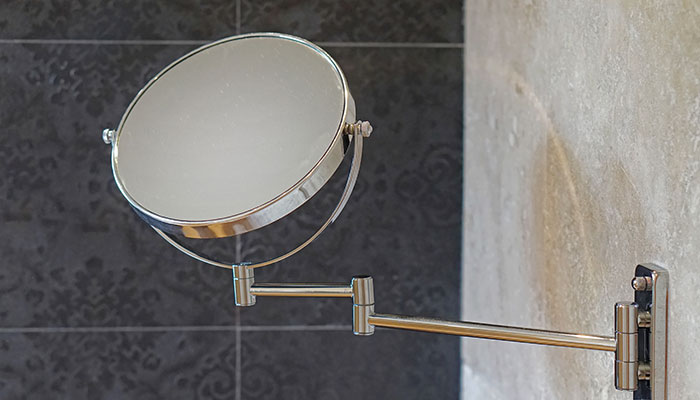
Support your loved one’s independence with simple but important low-vision adaptations in the bathroom: Color contrasts, a magnifying mirror, a shower caddy, etc.

The U.S. Surgeon General reports we have a loneliness epidemic. Like smoking and obesity, social isolation creates a greater risk for poor health. It’s been associated with a 48 percent increase in “premature death” (a death where a change in lifestyle could have resulted in a longer life). Our social health affects our physical health.
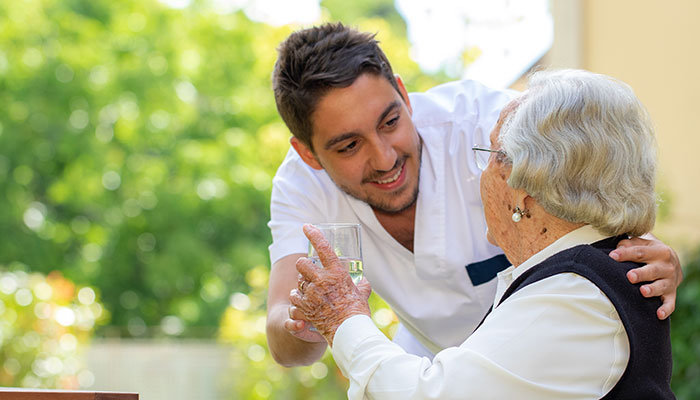
It will likely take one to three months for you and your loved one to get used to the new living situation at memory care. Strong emotions are to be expected. But there are strategies to ease the transition and promote a resilient recovery for both of you.

Have you spent years encouraging a loved one to steer clear of salt or avoid fat? There is no doubt that a healthy diet can promote longevity. But there does come a time when quality of life is more important.

Is being selfish always bad? Is it possible to be too altruistic? Take the survey to see where you stand. It could be that you and your loved one would benefit from your being a little more selfish—in a healthy way.

Once you’ve decided to go, there are a few things you can do weeks ahead of time, and then while packing, that will ease many of the challenges that might arise in the course of your travels.
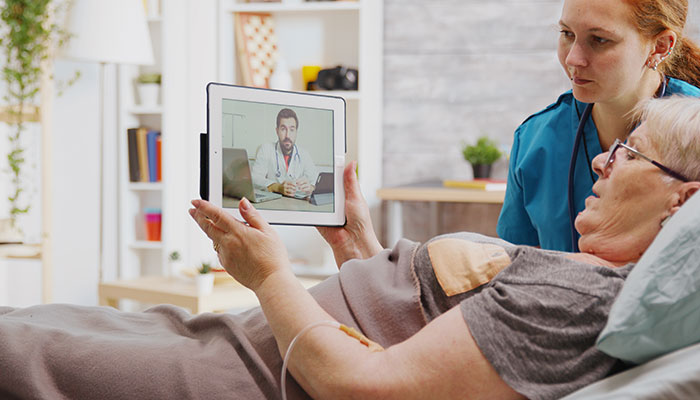
If your loved one is frail or has dementia but needs treatment for pneumonia, a urinary tract infection, or a flare of heart failure or COPD, you may be eligible for a Hospital at Home program. A team of professionals mobilizes to treat your relative at home. Popular in Europe, this program provides quicker recovery without the common setbacks of a hospitalization.
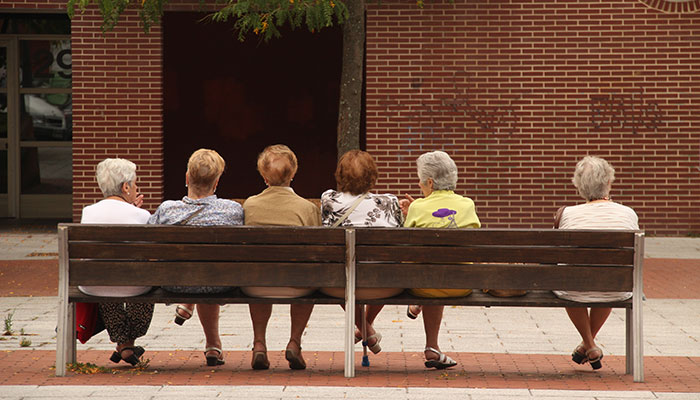
For Elder Abuse Awareness Month, we look at the problem of bullying and exclusion in senior housing. It’s surprisingly common. Fortunately, there are things you can do, whether your loved one is on the receiving end or the “bully” themselves.

A relative’s serious illness pushes us to communicate deep thoughts and bring closure to the relationship before we lose the chance. Don’t postpone those discussions! They may be awkward, but they can be profoundly important for all involved.

Are you hoping to travel this summer with a loved one who has dementia? New and crowded situations are notorious for creating confusion and outbursts. Take a moment to reflect on your relative’s likely reactions and what you can do to keep them comfortable.

June 15 is World Elder Abuse Awareness Day. There are seven different ways that elders can be exploited. Learn what they are and how to report it if you suspect a problem.

As a family caregiver, you need to take a break now and then. It’s not selfish. It’s essential! But in order to truly rest, you’ll want to be sure your relative is covered.

National Cancer Survivors Day is coming up (June 4), which celebrates the fact that 66% of those ever diagnosed with cancer are still alive five years later. Help your loved one get a jump on any potential cancer by taking advantage of these free screening tests.
© 2002-2024, Aging Care Matters, LLC. Site created by Elder Pages Online, LLC.